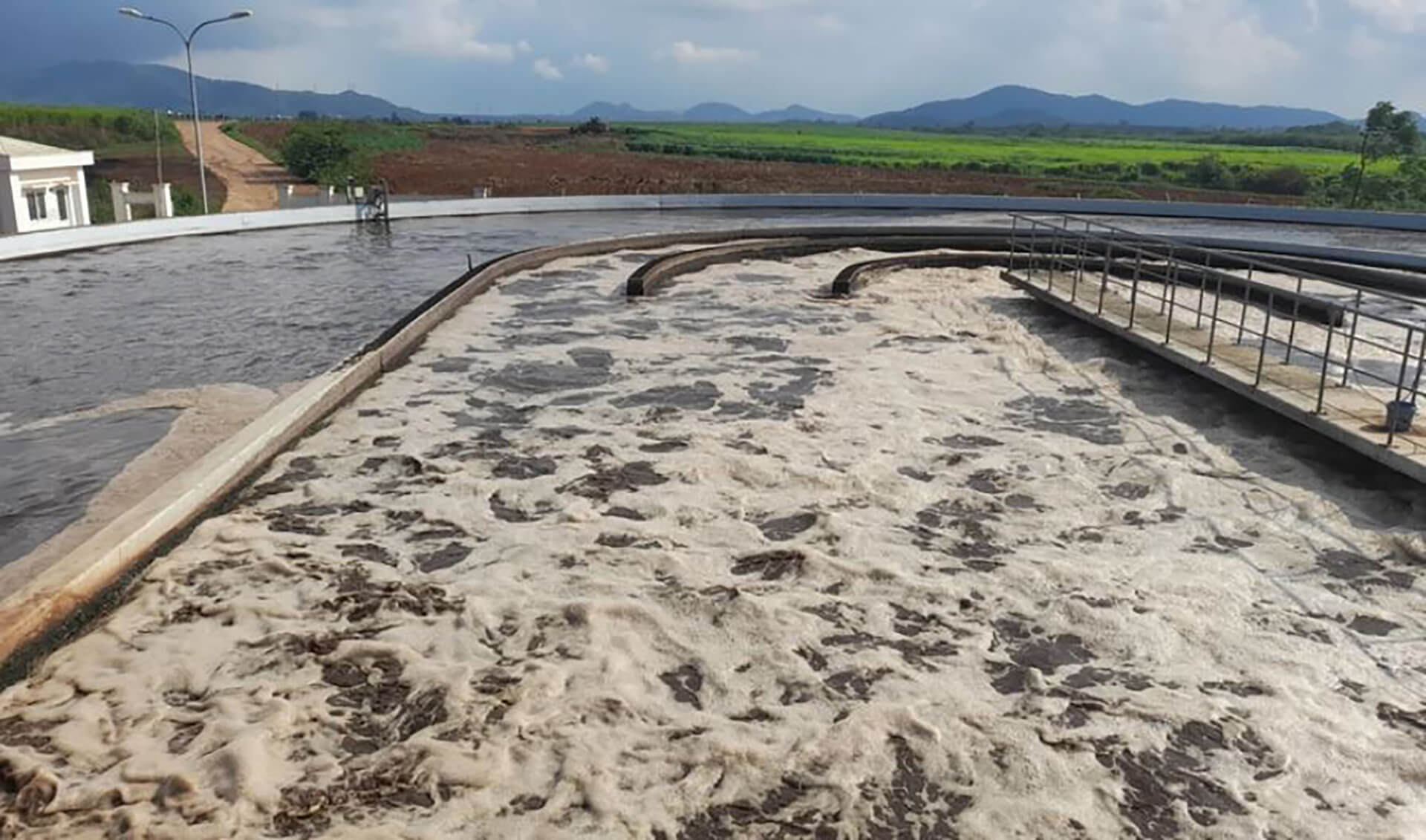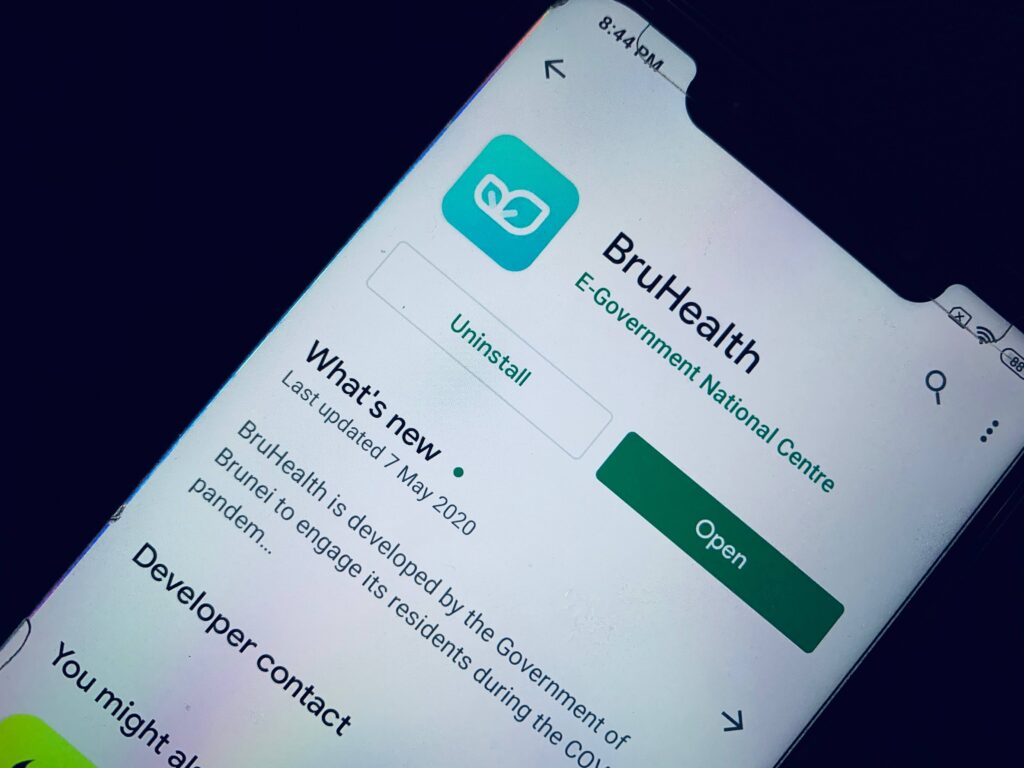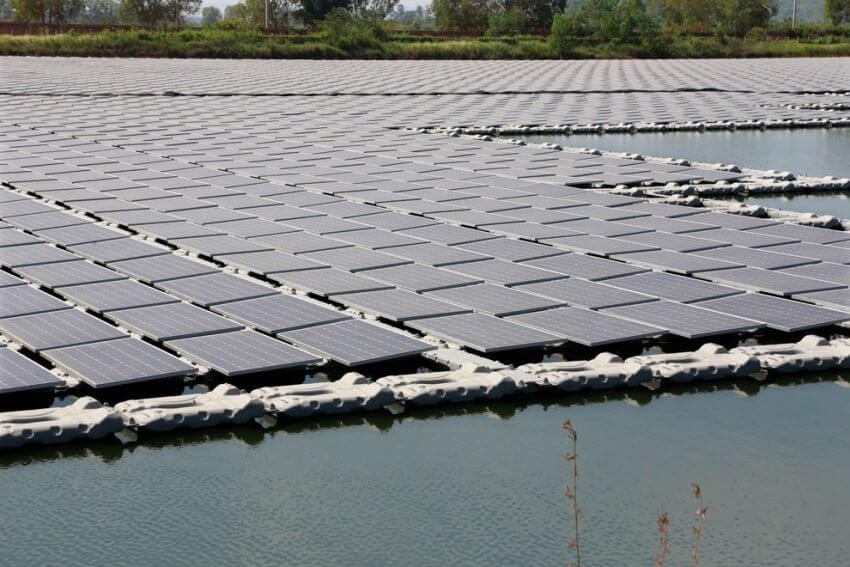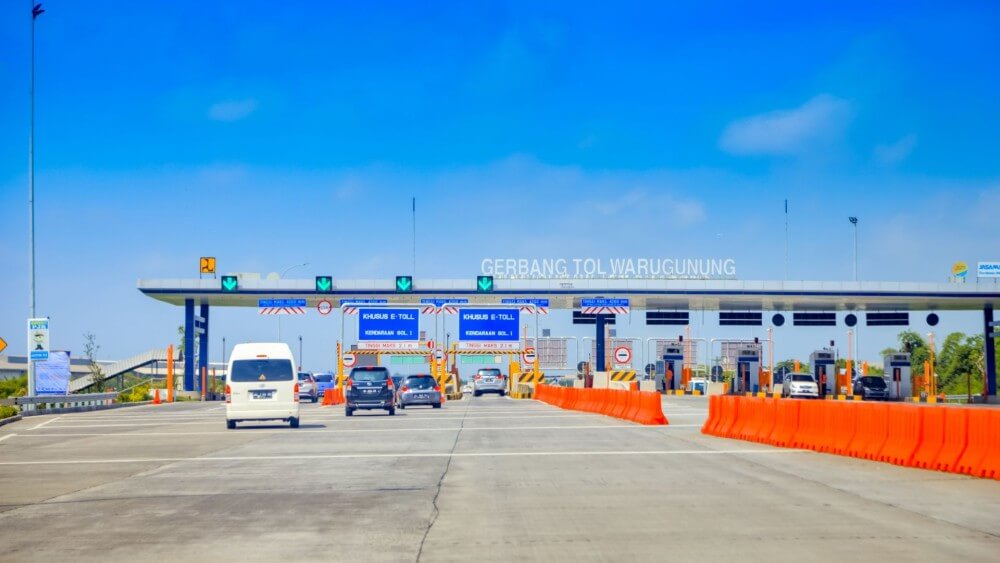Financing instrument and amount
The World Bank loaned US$231 million loan to the Vietnamese government to fund the Water Environment Improvement Project
Background
Viet Nam faces a challenge of improper management of untreated wastewater and inadequate drainage, particularly in the southern rural regions. These areas have limited sewage collection and treatment capabilities, which leads to high pollution levels in nearby river systems, posing significant health risks to populations residing in the area.
As such, supporting the development of proper wastewater management systems is crucial in creating a healthier and more sustainable environment for continued growth in the region. The project covers an area of more than 33,000 hectares, with a total population of around 1.4 million people and includes cities like Tan Uyen, Thuan An, and Di An. It sets out to increase wastewater management from under 10% to 32% in Tan Uyen City, and 17-19% to 45% in Thuan An and Di An city. Development of wastewater management systems will account for future climate scenarios, utilise energy-efficient solutions, as well as build on the theories of the circular economy such as focusing on resource efficiency and sustainability.
Approach
Under the Binh Duong Province Water Environment Improvement Project, the World Bank will loan US$231 to the Vietnamese government while the remaining US$80 million will come from the budget of the Government of Viet Nam. Forming a total fund of US$311 million for Water Environment Improvement Project.
The US$231 million loan falls under the investment project financing category of the International Bank for Reconstruction and Development (IBRD) flexible loan, which provides financing to governments for activities that create the physical or social infrastructure necessary to reduce poverty and create sustainable development.
Results
The project commenced in 2023 and is expected to end in 2028. A portion of this project involves land acquisition and resettlement of residents to make space for sewage lines, and construction pumping stations. This was thoroughly considered and discussed between a resettlement consultant team and technical team based on the following criteria: (i) areas with the smallest resettlement impacts (unused, uncultivated land, agriculture land, land with lower population density), (ii) residential areas in which constructions impacts can be minimised. Temporarily used land for construction of sewage collection and network expansions will also be restored to the pre-project conditions before being returned to the owner. This detailed and careful approach in selecting the number of impacted households, persons, agriculture etc. allows expected costs to be kept to a minimum, and well-documented.
In addition to a clear and detailed plan, a pre-emptive and thorough breakdown of anticipated costs as well as logical and well-thought-out feasibility study allowed the Vietnamese government to obtain loans from the World Bank to finance the US$311 million Water Environment Improvement Project.
Key Learnings
Clear documentation of anticipated costs and assessment of financial viability increases investor’s confidence in providing loans.
The Government of Viet Nam had provided detailed breakdown of costs associated with the different activities related to achieving the goals stipulated in the Water Environment Improvement Project. Details were as minute as the number of, and types of equipment required for each process, in each location. This allows for a comprehensive and accurate estimate of cost and reduces the likelihood of hidden costs/underestimating the amount of funds required for the project. This is crucial in giving investors the full information they need to make an informed decision, as well as assurance that funds will be used carefully, and ultimately with the specified level of funds, lead to the successful completion of the Water Environment Improvement Project.
Ensure that the focus of the project is aligned with the core values of the development fund.
The Water Environment Improvement Project has key objectives of improving access to wastewater services, and reducing pollution caused to the environment by inappropriate and insufficient waste management systems and practices. This is aligned with the World Bank’s core values of promoting shared prosperity on a liveable planet for everyone, and to increase the resilience of countries and regions to shocks, including pandemic, and fragility.
Clear and measurable impact.
The Government of Viet Nam had provided a clear monitoring and evaluation plan with a range of indicators to be monitored throughout the project. This includes indicators such as the number of people who gained access to improved wastewater, additional pollutants removed by the wastewater treatment plant (metric tons/year), and number of new households connected to the wastewater system etc. Having a clear plan, and range of specific metrics to be monitored is crucial for the World Bank to monitor and evaluate the impact of the project and to push it towards achieving more significant development goals. This is to ensure that resources are used efficiently.
Sources
- World Bank (2023). Binh Duong Province’s Water Environment Improvement Project. Available at: https://projects.worldbank.org/en/projects-operations/project-detail/P173716
- World Bank (2023). Binh Duong Water Environment Improvement Project, Updated Resettlement Plan (URP). Available at: https://documents1.worldbank.org/curated/en/099022824200535506/pdf/P1737161c17deb051b5ae1acb23d242fc1.pdf
- World Bank Group (2024). World Bank Approves Project to Improve Living Environment for Over Half a Million People in Southern Viet Nam. Available at: https://www.worldbank.org/en/news/press-release/2024/01/12/world-bank-approves-project-to-improve-living-environment-for-over-half-a-million-people-in-southern-vietnam
- World Bank Group. IBRD Financial Products. Available at: https://treasury.worldbank.org/en/about/unit/treasury/ibrd-financial-products/ibrd-flexible-loan
- World Bank Group. Financing. Available at: https://www.worldbank.org/en/what-we-do/products-and-services/financing-instruments
- World Bank Document (2022). Environmental and Social Impact Assessment of Binh Duong Water Environment Improvement Project. Available at: https://documents1.worldbank.org/curated/en/228011610542687158/pdf/Revised-Environmental-and-Social-Impact-Assessment-Vietnam-Binh-Duong-Water-Environment-Improvement-Project-P173716.pdf




